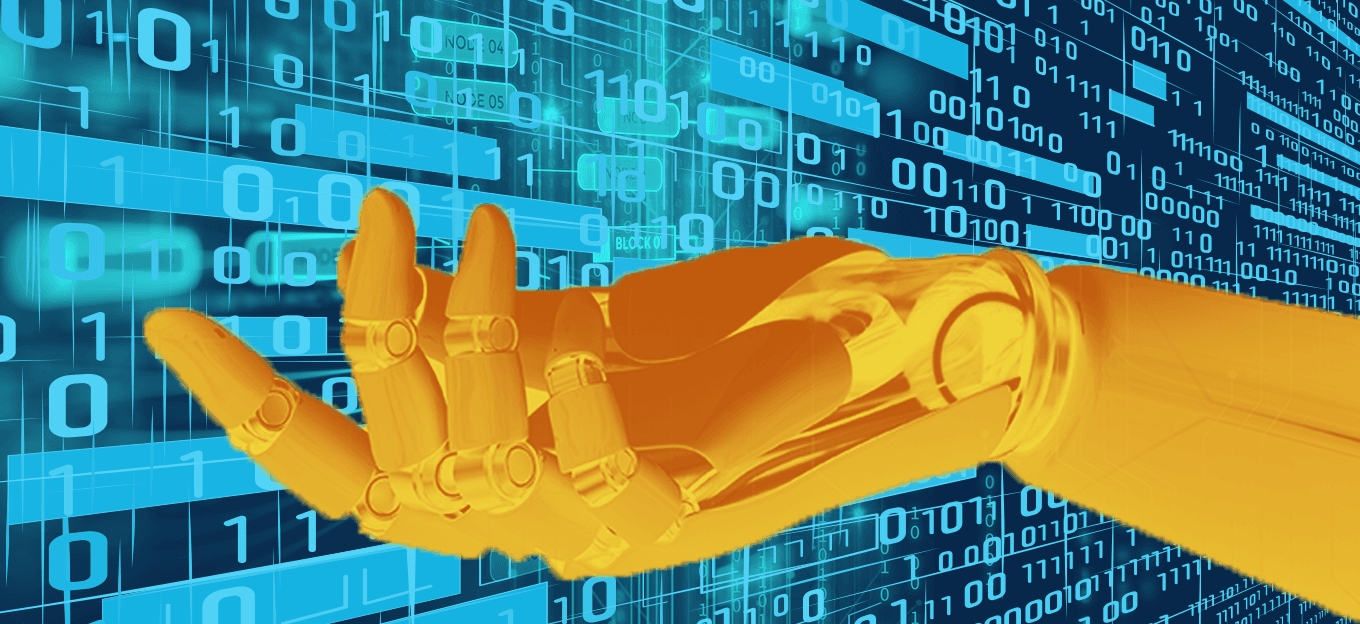10 Big Data Technologies Rising in 2021
10 Big Data Technologies Rising in 2021
- Last Updated: December 2, 2024
Guest Writer
- Last Updated: December 2, 2024



1. Hadoop
With easy programming patterns, Hadoop is among the best open-source applications for distributed processing of many real-time data sets across several clusters of machines. Identifying any problem at the application layer aids scalability from single servers to thousands of units. Hadoop YARN, Hadoop MapReduce, Hadoop Ozone, Hadoop Distributed File System, and Hadoop Common are the five current projects that are accessible in modules. The frameworks, which are developed in Java, can process real-time data of any format and size. It is efficient and cost-effective, even in the face of adversity such as machine crashes or cyberattacks. To know more about Hadoop, read this Big Data Hadoop Tutorial to get an idea.
2. MongoDB
This document-oriented distributed database makes it easier for application developers to handle semistructured or unstructured real-time data. It is among the most widely used open-source data analysis tools, and it is used to develop some of the world's most inventive services and products. It enables dynamic and flexible schemas by storing data in JSON-like documents. MongoDB Atlas, a multi-cloud database solution for MongoDB, offers top-notch automation and built-in processes to ensure continuous availability, elastic scalability, and regulatory compliance assistance. It also has a query language for aggregation, graph search, text search, geo-based search, indexing, ad hoc queries, and other features.
Explore the emerging technology courses such as Data Science, Blockchain, and Machine Learning. Get hands-on experience with real-world projects and employment assistance from renowned companies.
3. R
Another Big Data technology is R, a computer language that is used for statistical computation and visualization. This programming package offers Big Data engineers, statisticians, and others a wide range of features, including linear modeling, non-linear modeling, traditional statistical tests, time-series analysis, clustering, and graphical approaches. It's a well-designed interface with a wide range of formulae and mathematical symbols available. It helps effective data management by providing a large, cohesive, and integrated set of real-time data analytics tools.
4. Tableau
This is a powerful Big Data platform that works with a variety of open-source databases. In addition, the server offers a free public option for creating appropriate visualizations. This analytics platform has several appealing features, including sharing choices with anyone, moderate speed to facilitate extended operations, integration with over 250 applications, and, most importantly, assistance in resolving large real-time data analytics difficulties. It's among the most capable, secure, and adaptable end-to-end real-time data analytics platforms available. It creates the Tableau Mobile, Tableau Desktop, Tableau Prep, Tableau Mobile product lines, and Tableau Online and Tableau Server.
5. Cassandra
Cassandra is a free, open-source NoSQL database that converts large amounts of real-time data into detailed analysis. On both cloud infrastructure and commodity hardware, it features linear scalability with demonstrated fault tolerance. Cassandra assures that no data is lost and that failed nodes are quickly replaced. Property-based, fuzz, Replay, multiple performances, and fault injection tests have all been used to assure dependability. It tends to power essential deployments on the cloud with improved scalability and performance.
6. Qlik
With automatically matched data associations, Qlik delivers straightforward raw data integration. By blending predictive and embedded analysis, it assists Big Data analysts in detecting prospective market trends. The Associative Engine and a regulated multi-cloud architecture provide a comprehensive suite of real-time data analytics. By indexing every relationship within the data, the Associative Engine assures that endless combinations of Big Data may be delivered. It aids in the detection of in-depth insights for improved productivity. QlikView has several appealing worldwide solutions, including Qlik Gold Client, Qlik Compose, Qlik Replicate, Qlik Gold Client, Qlik Catalog, and Qlik Enterprise Manager Data Protection.
7. Splunk
Splunk's objective is to encourage IT, DevOps, and other teams to turn large amounts of real-time data from any source at any time. Big Data is employed in various industries, including manufacturing, education, aerospace, retail, healthcare, and a lot more. It assists in transforming data into colorful reports, graphs, customized dashboards, and other data visualization tools.
8. ElasticSearch
ElasticSearch is an open-source database server that uses Schema-free JSON documents and an HTTP web interface to perform real-time data analytics and full-text search. It is among the most reliable and scalable Big Data technologies because of its tremendous scalability and speed. Analysts can also benefit from a sophisticated platform that is well-suited to language-based searches. Incorporating inverted indices for full-text searching, BKD trees, and column storage for real-time data analytics produces quick results. In a 300-node cluster, the scalability can handle thousands of events per second.
9. KNIME
The KNIME, or Information Miner in Konstanz, is another Java-based open-source real-time data analytics tool. Data visualization, selective execution of analytical stages, detecting results, interactive views, and customizable data models are among the features. It also provides ETL operations with a wide range of integrated tools that are simple to incorporate into current computer systems.
10. RapidMiner
This is a top-tier Big Data platform capable of providing transformative business insights to many businesses. Because of its extensibility and portability, it aids in the upskilling of businesses. RapidMiner is comprehensive data preparation, deep learning, text mining, and predictive analytics platform. Because of its compatibility with Apple, Android, NodeJS, Flask, and many other programming languages is increasingly popular among non-programmers and researchers. It also has a dataset collection and enables users to load real-time data from RDBMS, Cloud, NoSQL, and other sources.
Conclusion
The aforementioned leading technology trends are prone to take over our everyday lives in the future. The world economy will reemerge in 2021, and new technologies will play a role. Positions in these technologies and their expertise will be precious, and getting an education in these fields will undoubtedly benefit you in the long run. You'll be future-proof when you choose and master the appropriate new technology.
The Most Comprehensive IoT Newsletter for Enterprises
Showcasing the highest-quality content, resources, news, and insights from the world of the Internet of Things. Subscribe to remain informed and up-to-date.
New Podcast Episode

The State of Cybersecurity in IoT
Related Articles


